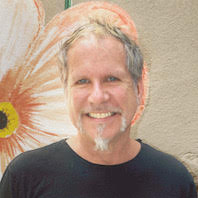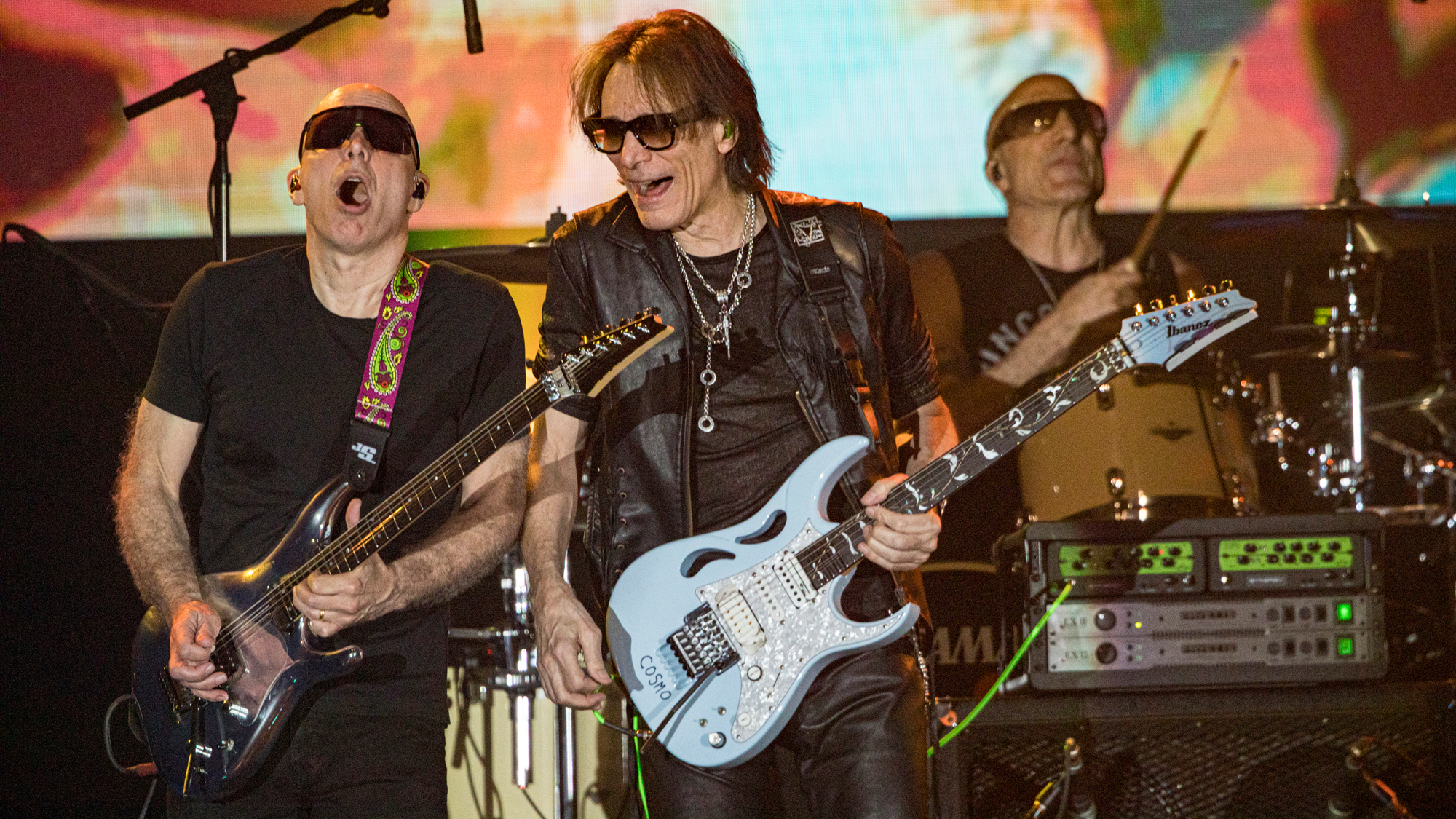Shock Rock! The Attack of Alice Cooper, Kiss, Slipknot and the 10,000-Foot Radioactive Teenager
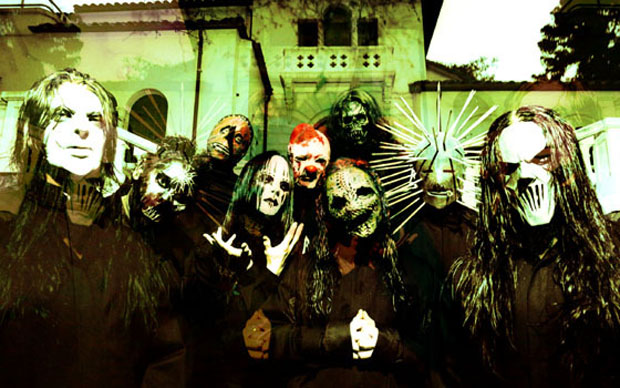
Earlier this year, I was asked by the Rock And Roll Hall of Fame to write about Alice Cooper and the Shock Rock genre for a booklet that was distributed among the small group of people who were asked to attend the 28th annual Hall of Fame induction ceremony in New York City.
I really liked the piece, and since only a handful of people saw it, I decided to share it with you now. Enjoy.
Imagine, if you will, waking up on the morning of your junior high school dance and discovering an unruly constellation of pimples has erupted on your forehead. This wouldn’t be such a catastrophe if it weren’t for the chrome in your mouth and the seemingly uncontrollable hard-on in your pants, caused by the evil thoughts in your brain. As you stare in abject horror at the spotty monster in the mirror, panic ensues … the room begins to spin.
Your mom cheerily wishes you a “Good morning!” to which you growl, “Fuck off!” The next thing you know, you’re in military school, surrounded by a pack of snarling, malevolent boys snapping your ass with a wet towel …
In the early '70s, performers like the Alice Cooper Band, Kiss and Lou Reed posed the musical question: “Is there really anything more grotesque, outrageous and demented than being a teenager?” With that simple query — and a whole lotta makeup — the surprisingly durable genre of Shock Rock was born.
For several generations, music fans have thrilled and delighted to the subtle menace, offensive humor and Grand Guignol theatricality of Shock Rock performers like Alice Cooper, David Bowie, Marilyn Manson, Rob Zombie, Slipknot and GWAR. Those who would dismiss these artists as purveyors of cheap gimmickry and cynical marketing miss the point: The props, masks and gallows humor aren’t hiding a lack of talent; quite the opposite.
They are used to shine a spotlight the dark side of the teen experience in ways both deeply sympathetic and entertaining. If most young people feel like scary monsters and super creeps, what could be better than a rock star that actually looks, acts and dresses like one?
Get The Pick Newsletter
All the latest guitar news, interviews, lessons, reviews, deals and more, direct to your inbox!
Perhaps the most shocking thing about Shock Rock is the extent to which the bands understand the day-to-day nightmares of typical adolescents. Among Shock Rock’s practitioners, the original Alice Cooper Band were perhaps the most perceptive exponents. Not only did they pioneer the movement during their rather brief recording career, from 1969 to 1974, but they were its funniest, sharpest and most musically gifted interpreters.
In their 1971 breakthrough single, “I’m Eighteen,” the Alice Cooper Band summed up the teen dilemma as elegantly as anyone ever has or perhaps ever will. Over an appropriately bluesy, psychedelic groove, Cooper sings, “Eighteen, I get confused every day / Eighteen, I just don’t know what to say / Eighteen, I gotta get away!” The protagonist of the song is a hormonally frustrated mess who frets, “I’m a boy and I’m a man / I’m eighteen, and I don’t know what I want.”
His transformation back and forth is as psychologically disturbing as any horror movie, but in the end, he decides, “I’m eighteen and I like it!” (Just as I’m sure the wolf man would admit, as he licks his chops over the entrails of some vestal virgin, he likes it, too!)
“Eighteen” was just one of dozens of brilliant written and performed songs by the Alice Cooper Band that celebrate and deconstruct the gnarly teenage mind. In other tunes, the Alice Cooper character runs over an annoying girlfriend with his car (“Under My Wheels”), has sex with the dead (“I Love The Dead”), blows up schools (“School’s Out”), gets caught masturbating (“Muscle of Love”), tangles with his dentist (“Unfinished Sweet’), gets elected President of the United States (“Elected”), kills some babies (“Dead Babies”), shoots some people (“Desperado”) and dies a million real or imagined deaths for the crimes he committed.
Of course, none of these twisted teenage daydreams would amount to a hill of beans if it wasn’t attached to an insanely catchy song performed by what has to be one of the most underrated bands in rock history.
But it’s not Shock Rock without makeup and theater, and the Alice Cooper Band excelled at both. Each show was a elaborately designed passion play in which Alice, dressed in ripped tights, platforms and evil clown face paint, would assault community standards and pay for it at the end of each show with some elaborately constructed form of capital punishment. The method of Alice’s death changed each tour — first he was fried in an electric chair, next he was hung, then he had his head chopped off in a guillotine — but the agenda remained the same. The band was always looking for that thing that would resonate with the kids.
“I wasn’t as calculated as everyone thought I was,” Cooper wrote in his amusing, out-of-print 1976 autobiography, Me, Alice. “I did many things on a whim because I thought it felt right. I took a snake out on stage not because I thought it would get press, but because I liked the way it looked. I had a girl’s name and dressed funny because instinctively I recognized this is a bisexual world. Most important, I was honest with the kids. I released their sexuality, and I was a catharsis for their violence. I did it for them.
“A very important thing about being honest with kids: If I manufactured anything I did, the kids would feel it. Kids are very sensitive about honesty and what’s natural. The most base, honest, common thing I could do on stage was to touch myself. I touched my athletic cup a lot on stage in those days. The kids related immediately to that. All of those kids out there touched themselves every day. And everything they saw me doing on stage rang true and honest.”
The Alice Cooper Band, of course, wasn’t the only group that used theater to reach all the young dudes. The street kids of Kiss dressed themselves as four demonic creatures and brilliantly tapped into the Freudian id of youth with their horny tales of greed, lust, power and instant gratification. Lou Reed, on his 1973 tour, dressed as a glam Frankenstein, becoming one of the earliest positive gay role models in rock culture. More recently, Rob Zombie’s “hellbilly zombie” has empowered a nation of heavy metal geeks and nerds who live their graphic novels, sci-fi movies and video games.
Perhaps one of the most underrated bands in the Shock Rock elite is Slipknot, an astonishingly poignant voice for the lonely and disaffected teens — kids so lost, weird and anonymous that they may as well be wearing masks. Finally, there is the most provocative of them all: Marilyn Manson, a talent so dark, formidable and artistic that there is some sense that one day he really will do irreparable harm.
While Shock Rock feels like a relatively modern construct, Alice, Marilyn and the rest come from a long lineage that has been with us for centuries. They are ancestors of the classic mythological trickster deity that breaks the rules of the gods or nature, sometimes maliciously but usually with ultimately positive effects.
The bending/breaking of rules takes the form of tricks, and they can be cunning or foolish, or both. They are often funny even when considered sacred or performing important cultural tasks.
What’s the trick? What’s the important cultural task? Shock Rockers are adults that take on the guise and burdens of the lowliest teenager — the true grotesque, awful, silly, lovely, amazing teenager. Through doing this, they make the pitiful creature feel like they’re not alone. Is there really anything more rock 'n' roll than that?
Brad Tolinski is the editor-in-chief of Guitar World magazine.
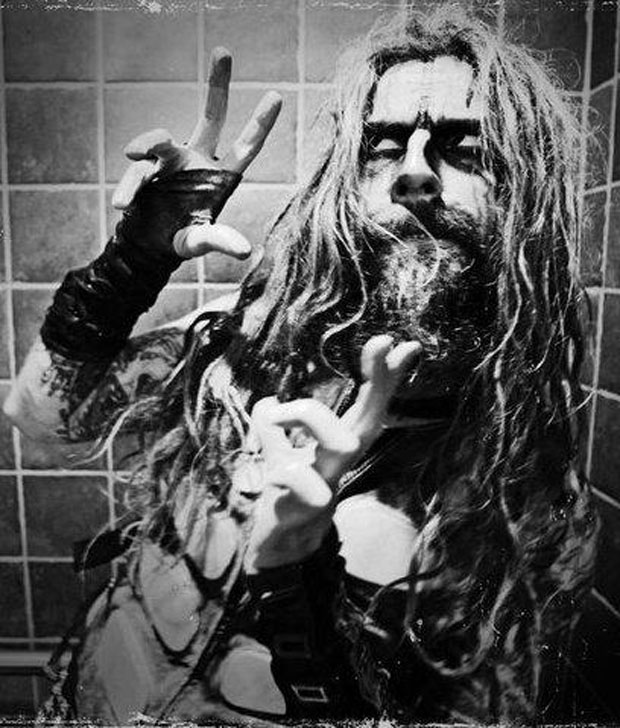
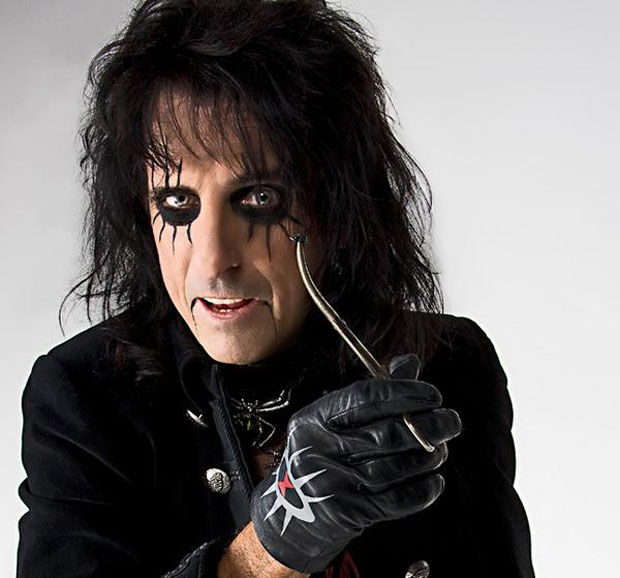
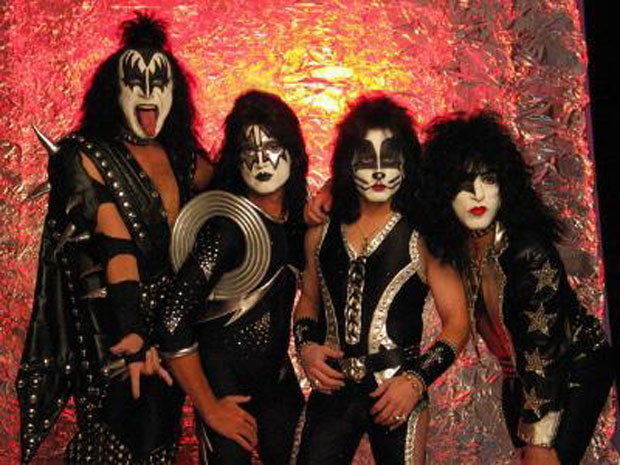
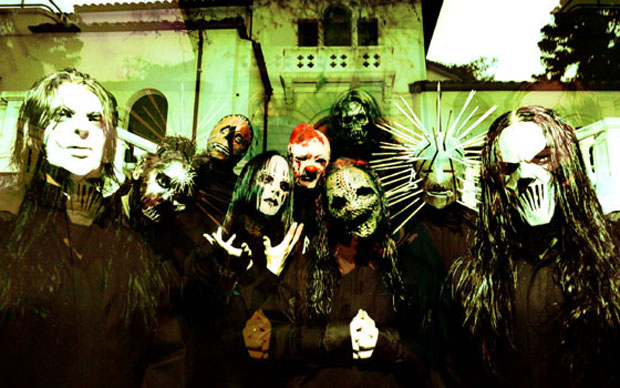
A long time ago in a galaxy far, far away Brad was the editor of Guitar World from 1990 to 2015. Since his departure he has authored Eruption: Conversations with Eddie Van Halen, Light & Shade: Conversations with Jimmy Page and Play it Loud: An Epic History of the Style, Sound & Revolution of the Electric Guitar, which was the inspiration for the Play It Loud exhibition at the Metropolitan Museum of Art in New York City in 2019.
“The main acoustic is a $100 Fender – the strings were super-old and dusty. We hate new strings!” Meet Great Grandpa, the unpredictable indie rockers making epic anthems with cheap acoustics – and recording guitars like a Queens of the Stone Age drummer
“You can almost hear the music in your head when looking at these photos”: How legendary photographer Jim Marshall captured the essence of the Grateful Dead and documented the rise of the ultimate jam band
